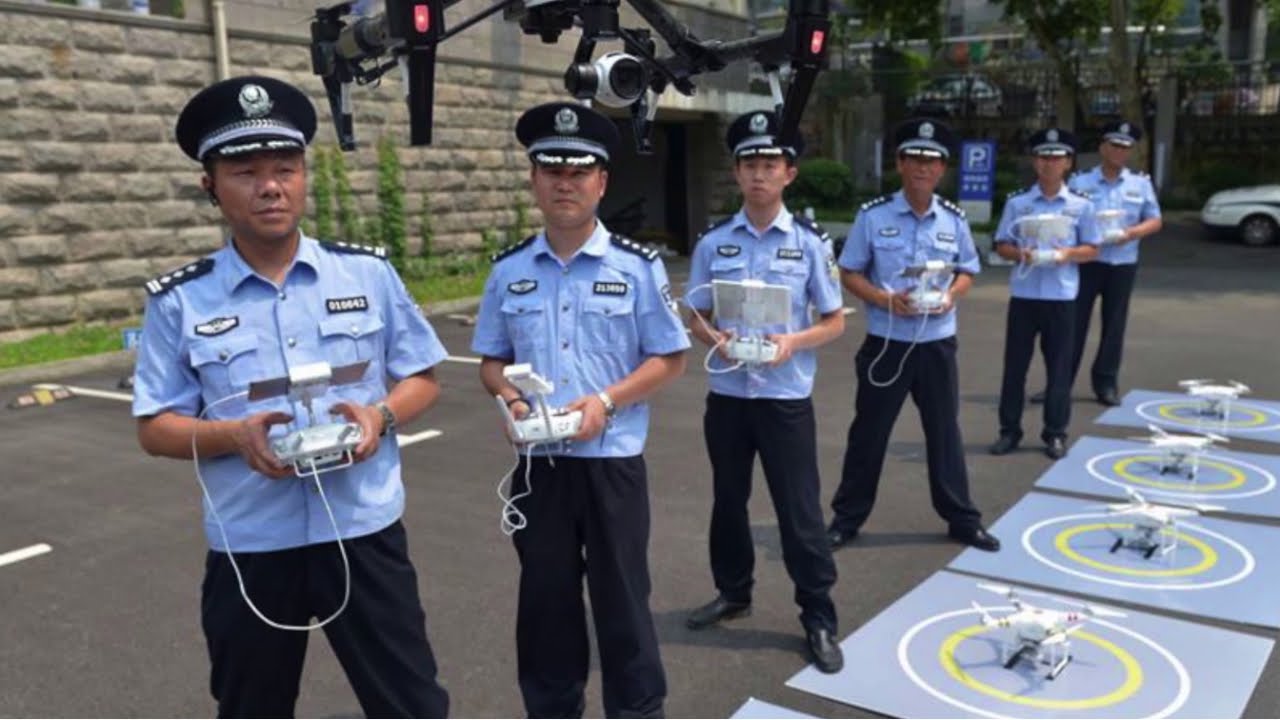When crime goes down, even markedly, size of the police force doesn’t necessarily follow suit. Officials and citizens alike fear returning gains made and double down on what’s apparently worked, even if the drop wasn’t merely the result of cops. (New York City’s rate plummeted in the 1990s purportedly because of the “Broken Windows” policing, but other U.S. cities that didn’t subscribe to this theory also experienced similar declines.)
What happens to all the officers otherwise unoccupied by serious lawlessness? It’s possible that the mission creeps. James Murphy wrote lyrics about this phenomenon in 2007:
New York, you’re safer
And you’re wasting my time
Our records all show
You are filthy but fine
But they shuttered your stores
When you opened the doors
To the cops who were bored
Once they’d run out of crime
In Japan, wild Tokyo biker gangs of the 1950s were long ago chased from the road and the Yakuza crime syndicate is in a state of disrepair. In fact, there was only one fatal shooting in the whole country in 2015. How can a swelling number of officers (now aided by a drone squad) fill the time? In part, by making tiny offenses into major issues, a shift familiar to any longtime New Yorker.
From the Economist:
This means plenty of attention for crimes that would be considered too petty to investigate elsewhere, such as the theft of a bicycle or the possession of a tiny amount of drugs. One woman describes how five officers crowded into her cramped apartment after she reported her knickers being swiped from a clothesline. A small army of detectives was assigned last year to apprehend a group of 22 people who had been growing marijuana for their personal use only and smoking it in deserted rural spots.
In fact, as the police run out of things to do, they are becoming more inventive about what constitutes a crime, says Kanako Takayama of Kyoto University. In one recent case, she says, they arrested a group of people who had shared the cost of renting a car, deeming the arrangement an illegal taxi. Some prefectures have begun prosecuting people who ride their bicycles through red lights.
In 2015 a man was arrested for scribbling Adolf Hitler moustaches onto posters of Shinzo Abe, the prime minister. Ms Takayama says detectives have started appearing without permission on university campuses, to monitor “troublesome” students. One reason why police are going after cyclists may be to make up for the steady fall in driving offences. (Both drivers and cyclists can avoid fines by signing up for remedial training at certified driving schools, which are often staffed by retired officers, notes Colin Jones of Doshisha University.) Fifteen years ago police in Hokkaido, in Japan’s sparsely populated north, conspired with yakuza gangsters to smuggle guns into the country so they could meet quotas for finding them.
The hunt for things to do may sometimes be beneficial. The number of reported cases of children being abused at home has almost doubled since 2010, despite the declining birth rate. That suggests the police are increasingly intervening in the domestic sphere, which they used to avoid.•

